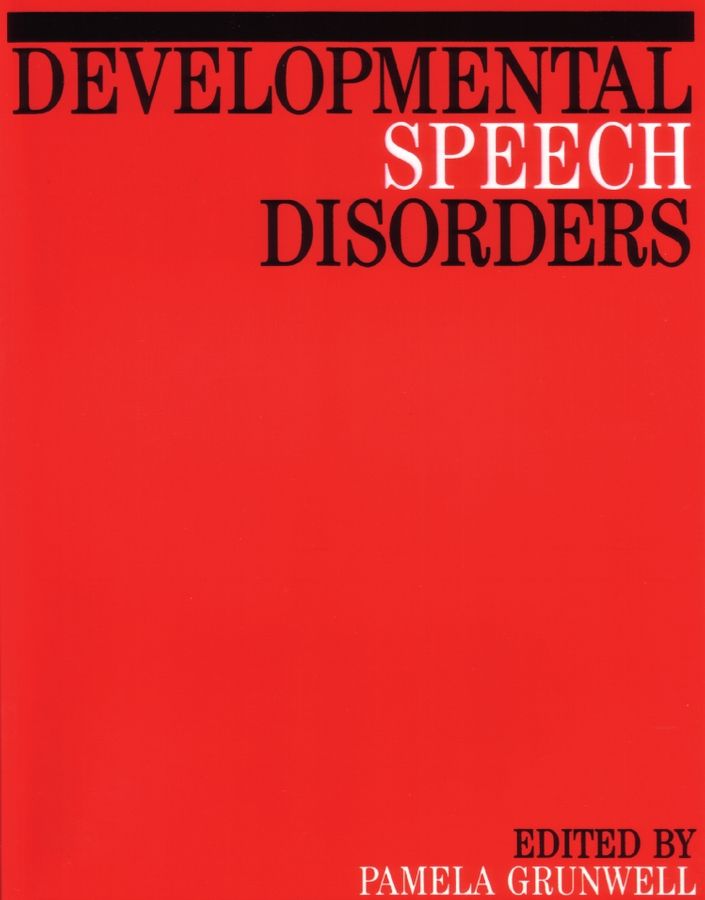This book looks at the major changes that have occurred in the theory and practice of speech therapy for children with developmental speech disorders. It looks at current issues and their clinical implications, but the overall aim of the book is to set clinical practice firmly in a theoretical framework. While it is therefore essentially a practical book for practitioners, it also engages in the academic investigation of the nature of the different types of developmental speech disorders and their consequences for the children. This discussion provides the framework in which to consider clinical management and specific clinical techniques. <p>A recurrent theme throughout each chapter is the impact of linguistics upon our understanding and management of children’ s problems in learning to pronounce. There is no doubt that the linguistic revolution in speech and language pathology has produced an entirely new perspective on these disorders by identifying the phonological dimension of speech development.</p> <p>Of equal importance is the expansion of knowledge about children’ s language development. Much more information is now available about phonological development in terms of what the developmental changes are and when they occur. This information is valuable in assessment and diagnosis. The book also includes a number of competing theories explaining how children develop their pronunciation patterns. These theories provide the premises upon which to establish a principled theory of therapy.</p> <p>To reflect these issues and their clinical implications the book is divided into three sections. The first section explores the framework within which to discuss developmental speech disorders. The second section covers three specific types of pathological conditions with which developmental speech disorders are associated. The third section examines the problems of children who have no evident major disabling condition and yet they experience severe difficulties learning to pronounce and subsequently, more often than not, learning to read and write.</p>
Clinical and internal medicine
Developmental Speech Disorders
₹8,540.00
This book is currently not in stock. You are pre-ordering this book.

